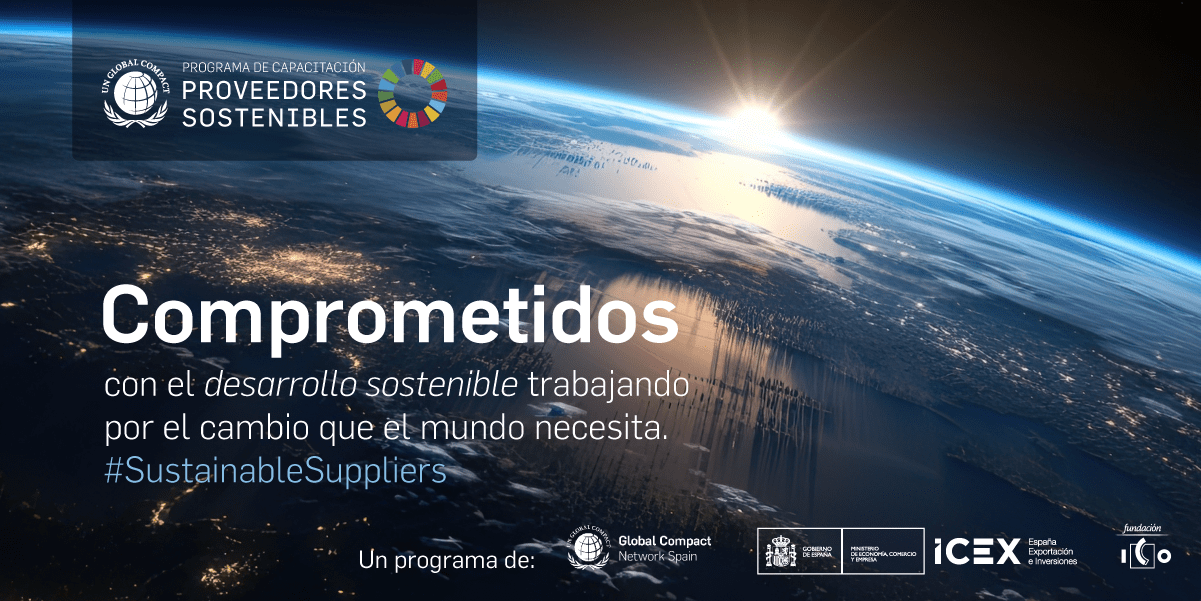Researchers have introduced a neural machine translation system trained for medical knowledge.
More than 40,000 studies are collected in the World Health Organisation’s COVID-19 research database.
The scientific community dedicates a good part of their efforts to fighting the coronavirus and finding the long-awaited vaccine to end the pandemic. As shown, more than 40,000 studies are collected in the World Health Organisation’s COVID-19 research database.
‘We want to make relevant information about COVID-19 available to medical staff’
To deal with the increased volume of scientific literature about the illness, a team of researchers at the Open University of Catalonia (UOC) have developed a technology to translate the summaries of 15,000 scientific articles into Spanish. The aim is to enable access to this information to medical staff from the Vall d’Hebron University Hospital in Barcelona, among other professionals.
TRAINING THE TECHNOLOGY FOR TRANSLATION
‘We want to make relevant information about COVID-19 available to medical staff, since not all these professionals have a high level of English. This way, our technology allows them access to this information’, highlights Antoni Oliver, who is a member of the Interuniversity Research Group in Linguistic Applications (Grial), from the Arts and Humanities Studies at UOC.
The technology will translate abstracts, such as what we call summaries in scientific literature, and scientific articles about COVID-19, from English into Spanish. The collaboration of this university is focused on the training and the use of a neural machine translation system, specifically trained for medical knowledge and adapted to the themes related with the coronavirus. Furthermore, the team at UOC provide technological support in the configuration and implementation of an online assisted translation system.
What’s relevant is the total time with human intervention
The time that the system takes to automatically translate depends on the computer in which the translation engine is operating on, but it can go from 100 to 10,000 words per second, according to Oliver. However, what’s relevant is the total time with human intervention. ‘The process of machine translation, plus the following edition, can reach between four or five times quicker than human translation, as well as reach very similar quality levels’, the researcher at UOC describes.
DETECTING RELEVANT ARTICLES
For this project, other participating research teams use artificial intelligence techniques to detect scientific articles that are relevant about COVID-19. ‘First, they did a manual classification of a large set of documents and, based on this categorization, the system has learnt to classify the documents’, Antoni Oliver explains.
Their system recovers scientific articles from the compilation of Elsevier’s Science Direct, a Dutch publishing house of scientific publications, and also from sources like LitCOVID, a website of open resources from the National Library of Medicine in the United States, that gives access to the most complete collections of research work from the whole world about the new illness, with more that 28,000 current publications.
INTERNATIONAL COLLABORATION
This project emerged in the height of the pandemic. ‘The first days of confinement there were various contacts to see how we could work with translation technology’, Oliver points out. Thus, the researcher confirms that the intention is to maintain this collaboration whilst COVID-19 is a sufficiently active issue in the research field.
The initiative does not only have a local nature, since it features international collaborations and among their aims includes promoting an archive of scientific articles about the illness in the National Autonomous University of Mexico (UNAM), as well as a similar platform set up in Vall d’Hebron.
‘The most important work is what the volunteers do’
In addition to the UOC and the Hospital, the Catalan Agency for Health Quality and Evaluation (Aquas), the Genomic Sciences Centre at UNAM, a researcher from the National Institute of Respiratory Illnesses from Mexico and another from the Swiss Institute Dalle Molle di Studi sull’Intelligenza Artificiale (Dalle Molle Institute for Artificial Intelligence Research), in addition to a doctorate from the Polytechnic University of Catalonia have taken part.
Antoni Oliver highlights that it is not an institutional initiative and that ‘the most important work is what the volunteers do’. Furthermore, the UOC allows trainees from the degree in Translation, Interpretation and Applied Languages and from the university master’s degree in Translation and Technology Master’s to participate in the project.
COURTESY TRANSLATION FROM https://www.consalud.es/profesionales/uoc-crea-tecnologia-traducir-fragmentos-15000-articulos-cientificos-covid_82691_102.html
PHOTO CREDITS: Markus Distelrath from Pixabay




